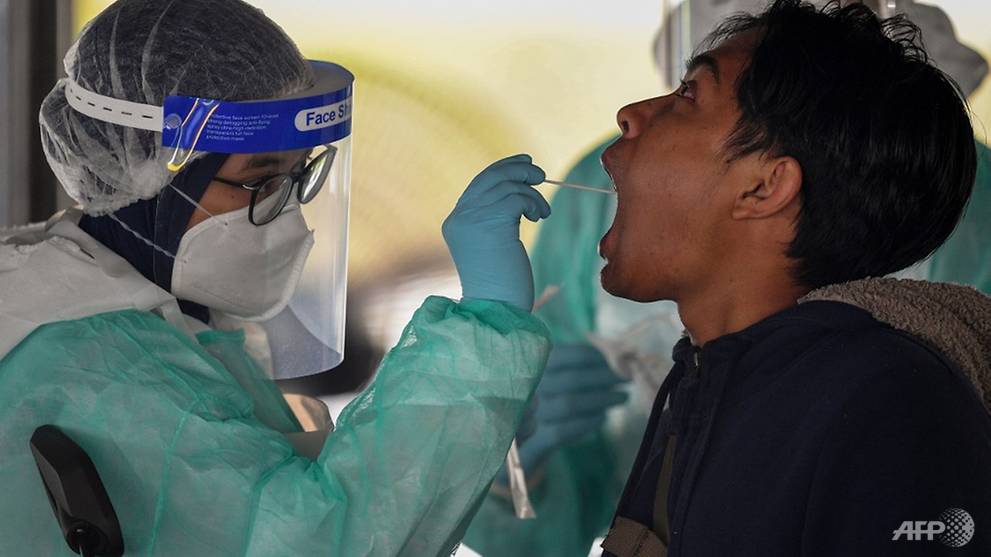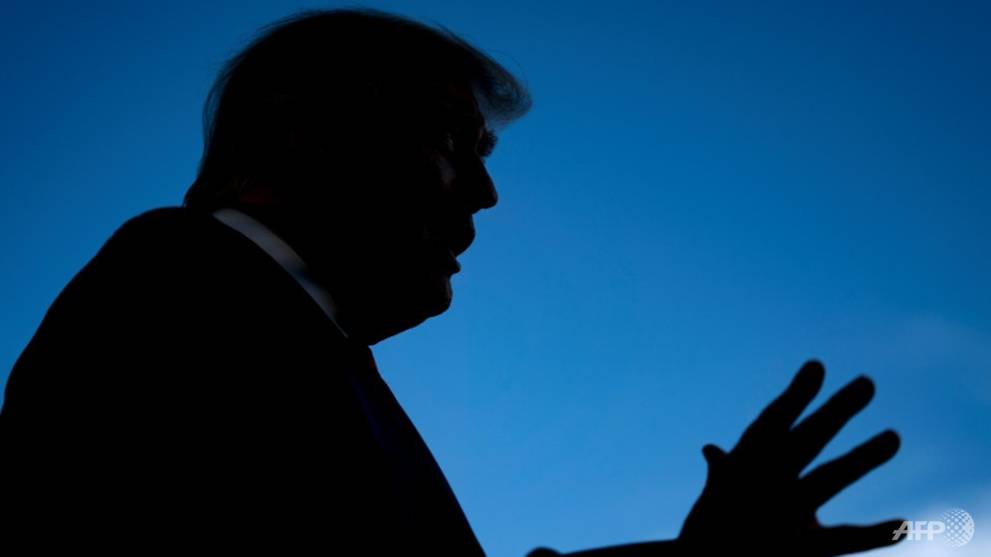HONG KONG: When Lau Kai Fai, his wife and teenage son moved into a new Hong Kong flat last month, he thought the 290 sq ft of space in his "module home" felt like "winning the lottery".
Among the first Hong Kong residents to move into such prefabricated dwellings, built as a transition for people awaiting public housing, Lau's family more than tripled the space they had squeezed into. Now they sit together for meals, rather than eating in turns.
While tiny by the standards of many cities in rich countries, the new home represents a big step up – even if temporary – for Lau, 70, in one of the most crowded urban areas in the world.
"It feels like a home," Lau said. "The previous flat was only a place to sleep."
Lau is the beneficiary of Hong Kong's latest initiative to ease a housing shortage, where more than 200,000 people living in subdivided flats are waiting an average of 5.5 years to get public housing.
Transitional homes are built on idle land leased by the government or private developers for only a few years, although the prefab modules can be moved and reused.
The 2018 plan only scratches the surface of the needs of one of the world's most unequal cities: More than 1 million of the 7.5 million people in Hong Kong live in poverty. As of June, 800 transitional homes had been built of 15,000 planned over the next three years.
READ: Too many Hong Kong residents want affordable housing but there are too few flats
But for the Lau family, the flat in a four-storey building in one of the oldest and poorest districts in central Kowloon is luxury.
HOMEWORK AT DESK, NOT BED
Their previous flat, one of many in Hong Kong dubbed "coffin homes", had cost around HK$5,000 (US$650) a month in rent. Now the family pays HK$3,000 – 25 per cent of the income of the retired Lau's wife, Tian Jiayu, the family breadwinner who works in a supermarket.
They finally have a place where their son does his homework at a desk rather than in bed.
The door to the white, container-shaped dwelling opens onto a bunk bed. A wardrobe separates the bed from the living room, where a rotating chair doubles for computer work and dining. Twelve steps from the entrance, at the end of the flat, stands the mini-kitchen with a refrigerator, stoves and washer.
The move expanded the family's floor space from 80 sq ft to 290 sq ft. They now live in two-thirds the median area of a home in crowded Hong Kong, at 430 sq ft – itself half the size of the average London home.
In Tokyo, another packed Asian capital, the average home is 710 sq ft, although some 1.4 million people live in spaces of 210 sq ft or less, according to government figures.
Tian is happiest about the upgrade to mini-kitchen from gas stove.
The land for Nan Cheong 2020, the city's first module home project, was leased by developer Henderson Land for HK$1 a month. The project was built by the Hong Kong Council of Social Service.
It was built from container-like blocks for only 40 per cent of the cost of building a public rental home, said Anthony Wong, business director of the nonprofit.
READ: Out of reach? The unaffordability of housing fuelling the Hong Kong protests
Lack of land and money are challenges to building more transitional homes. Non-governmental organisations (NGOs) say the government is not doing enough. Hong Kong Chief Executive Carrie Lam is under pressure for housing solutions, including shoring up the transitional housing scheme.
"The problem is the government is acting like a middle man rather than taking the responsibility to develop it. They are relying on NGOs and developers to do that," said Sze Lai Shan, community organiser at the Society for Community Organisation.
A spokesman for the Transport and Housing Bureau told Reuters the government launched a HK$5 billion funding scheme in June to support transitional housing projects by NGOs, which can come in many different arrangements and different ideas.
“We hope to ... allow different community groups to use their creativity as much as possible to provide diversified transitional housing projects,” he said by email, adding the government is facilitating short- and long-term "policies to increase housing supply, in order to address housing problem(s) faced by low-income families".
Lau's Nan Cheong 2020 lifeline is two years.
"We hope we'll get a public flat by then, if not there’s nothing we can do," he said. "We’ll have to find a subdivided flat again."
https://news.google.com/__i/rss/rd/articles/CBMiaGh0dHBzOi8vd3d3LmNoYW5uZWxuZXdzYXNpYS5jb20vbmV3cy9hc2lhL2hvbmcta29uZy1ob3VzaW5nLW1vZHVsZS1ob21lcy0yOTAtc3EtZnQtbGl2aW5nLXNwYWNlLTEzMTU4Njc40gEA?oc=5
2020-09-29 02:03:33Z
52781086265390







